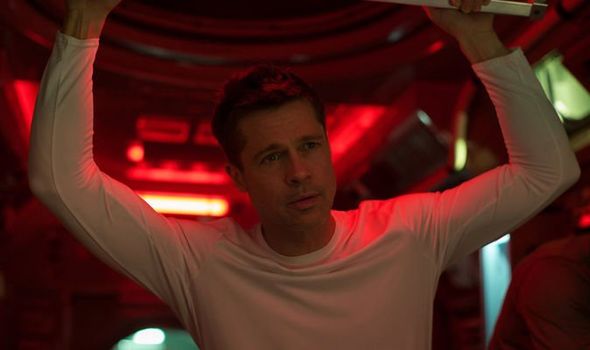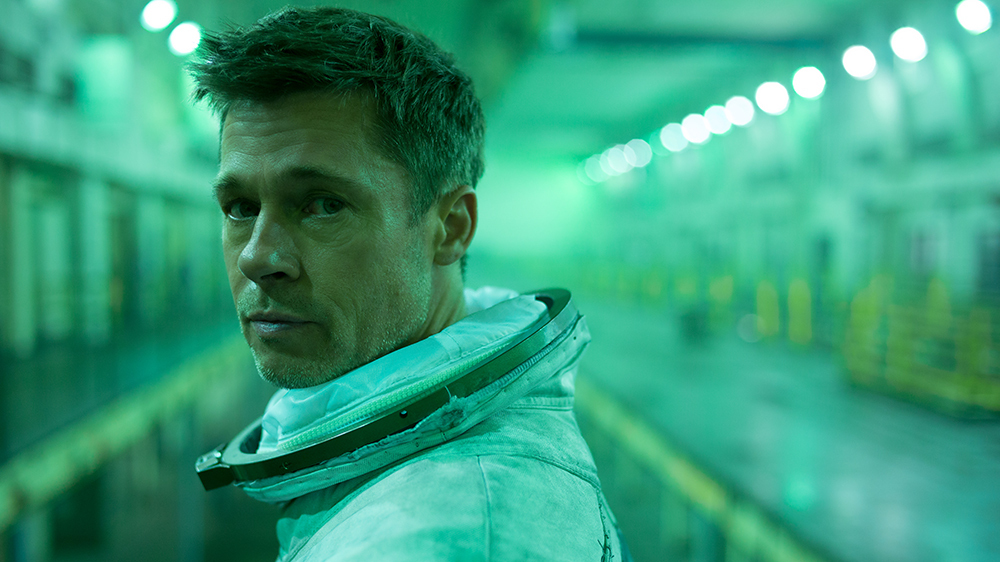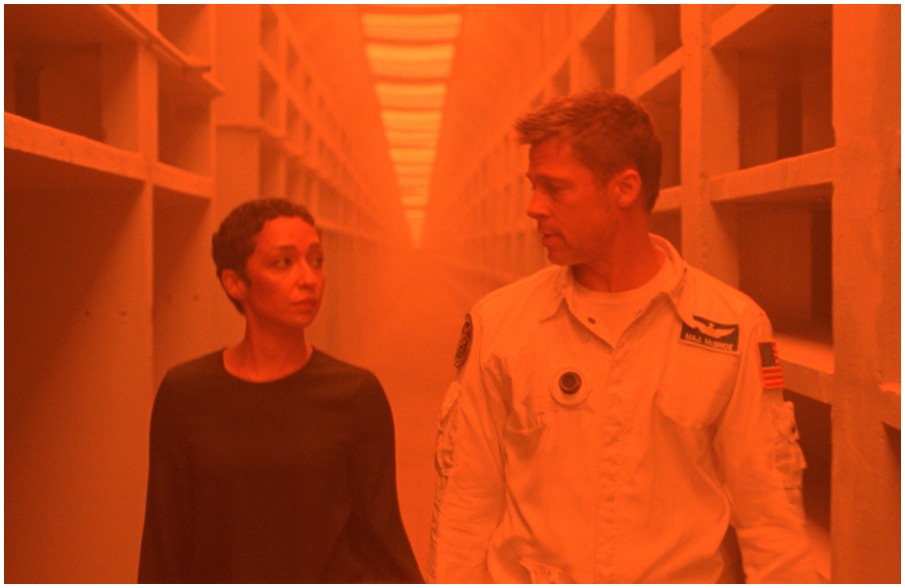
The thing about having daddy issues is that you can never escape them. No matter how far you travel, even into space. In Ad Astra these issues drive Roy McBride (Brad Pitt), an astronaut sent on a mission across the solar system to find out the reason behind recent catastrophes, including fires and plane crashes, taking place on Earth. The kicker here is that his astronaut father (Tommy Lee Jones), who went missing in another space expedition 29 years ago, might be connected to what’s happening. Not only does Roy have to confront the dangers awaiting him on his mission, he also has to deal with his feelings about his father and being abandoned by him.
The space odyssey element is surprising twist for writer director James Gray (The Immigrant, Two Lovers) but the father son imbroglio isn’t at all...
It was part of the narrative of his last film The Lost City of Z (2017), which is the film closest to Ad Astra in theme. Percy Fawcett, in Z, left everything behind and went into the Amazon searching for knowledge. Both McBrides take the same journey here, with space standing in for the jungle.

Billed as a paranoid thriller, this is actually more of an internal journey into the psyche of its protagonist. Albeit one that finds time for brief action set pieces on Mars, and for elaborate production design that imagines how the near future would look like. And it’s that internal expedition that Roy goes through, rather than the actual mission, that holds our interest and makes this worthwhile. He’s trying to find out his father’s story while reconciling his own life and relationships. Like the recent spate of cerebral space movies - there’s one every Fall - the protagonist’s subconscious is what the filmmaker is concerned with, despite the dazzling visuals and special effects. To his credit Gray is less literal with his mcguffin so there are no dead children (Gravity, First Man), or zany antics (The Martian) and he doesn’t try to explain the meaning of love (Interstellar). Rather the audience has to work harder to find meaning in the proceedings, but if they do Ad Astra reveals itself to be taciturnly moving. What struck me most is that the father / son relationship mirrors a familiar quest that most of us go through; can we ever be content with what we have despite our human nature to always search for more. Ad Astra might be a big ballyhoo to go through just to come at such a simple denouement, but that is also the source of its beauty and poignancy.
Pitt carries the film with a quietly stunning performance. He’s playing a man who doesn’t show much emotion. Literally. The film starts with a scene that tells us that Roy’s heartbeat never goes above 80 BPM no matter how stressful the situation he is in. Yet he finds a way to make reticence look highly emotional on screen. For most of the running time we mostly see his face, and on that face we are able to read what Roy is going through despite him trying to keep it all in. The performance is so immense that Gray should’ve trusted his star to convey his otherwise sparse script without the abduntunt voice over narration he deploys. The year of Pitt looking hot again on screen continues after Once Upon a Time in Hollywood. May he never hide that beauty again like he did in some of his recent films (The Big Short, War Machine). Though here it is a more weathered but still gorgeous Pitt. He makes the case successfully for making eye bags alluring.

We see many name actors briefly - Ruth Negga, Donald Sutherland, Liv Tyler, Kimberly Elise - but they are there just to drive the plot forward and to get Roy where he needs to go. A missed opportunity since Gary has previously shown interest in even the minor characters. Even Jones despite his character looming over the whole narrative only gets a few brief moments. The cinematography by Hoyte Van Hoytema and the score by Max Ritcher create an engulfing atmosphere that goes beyond holding attention into absorption. The film avoids the pitfall of explaining the process of space travel, but Gray and his collaborators build visually and sonicaly a mood that both make you feel that you are going somewhere new and also deep within.